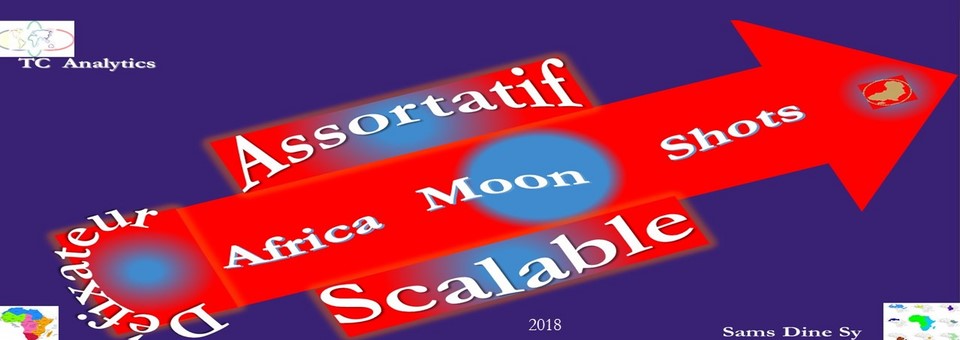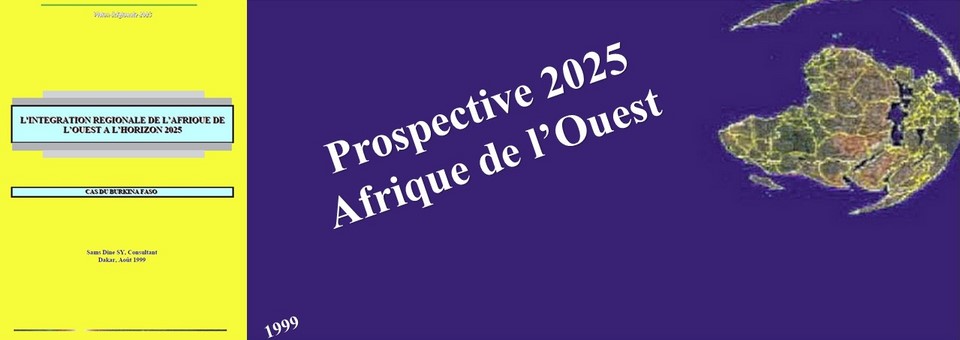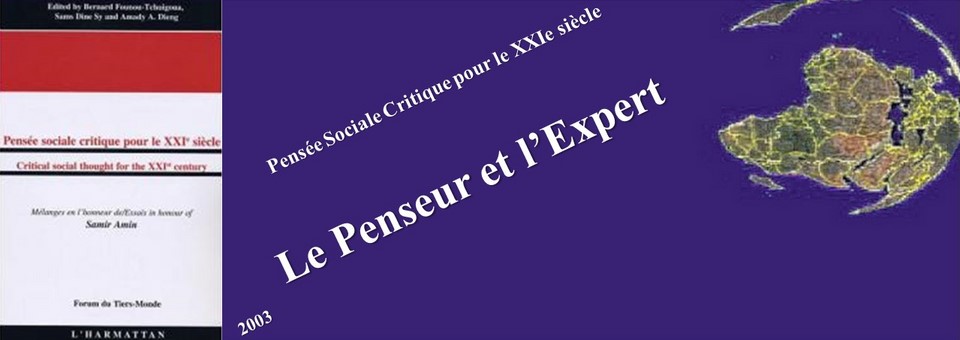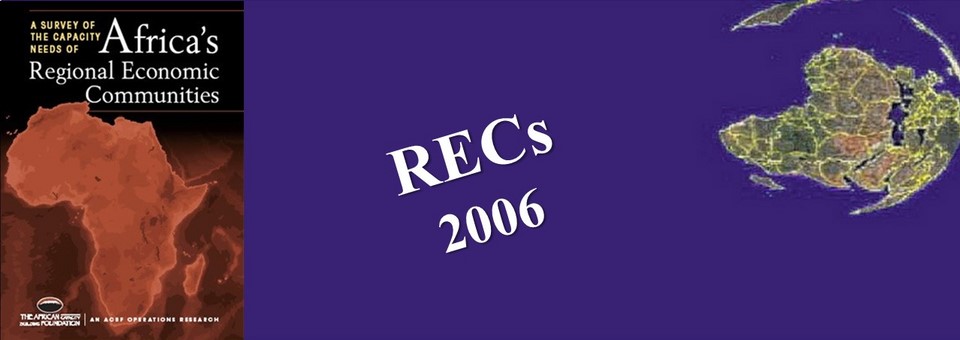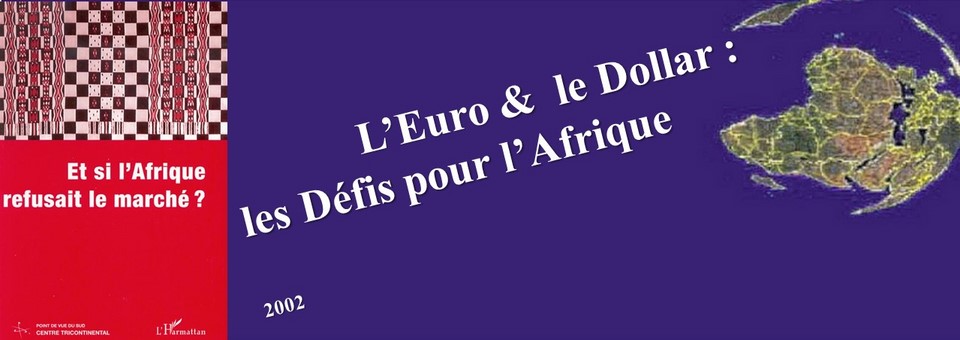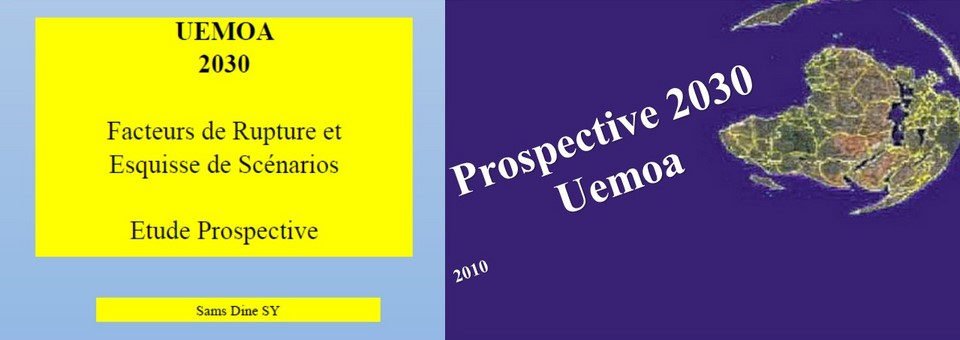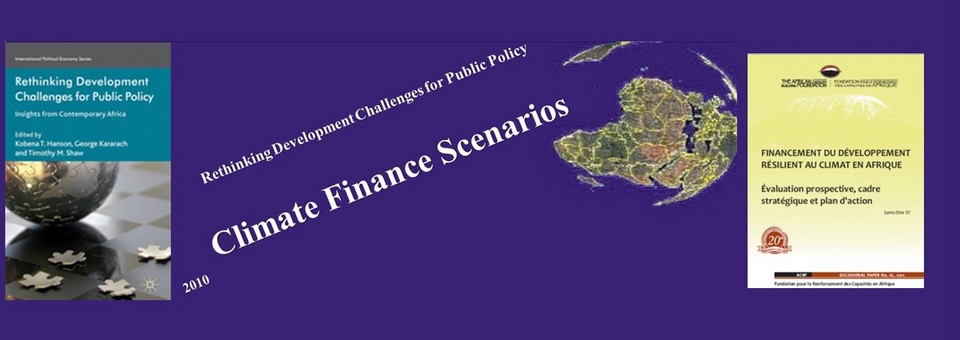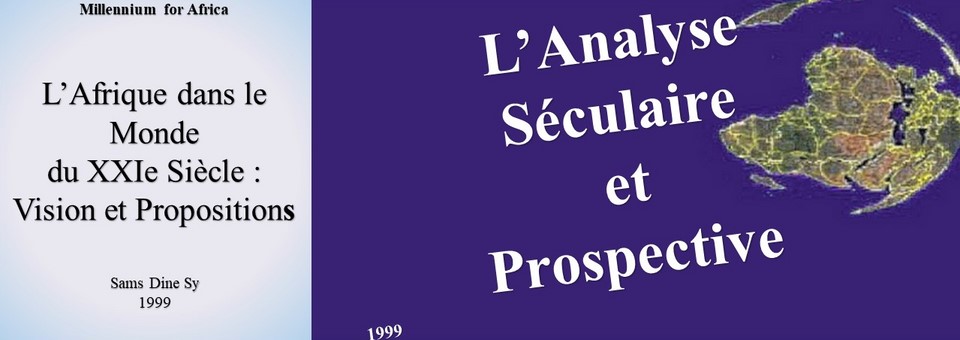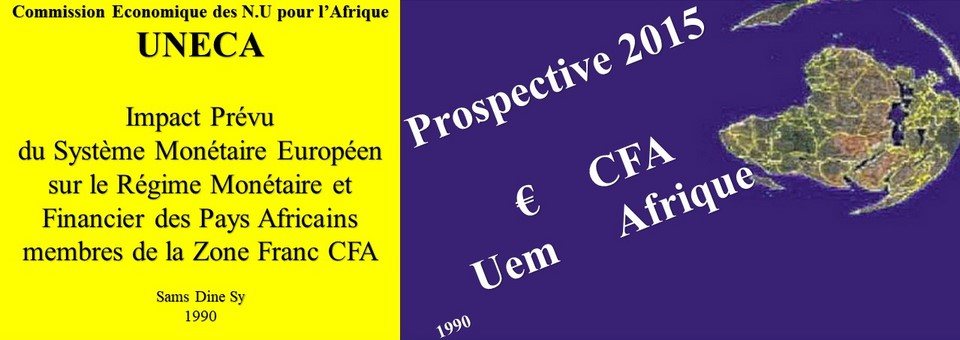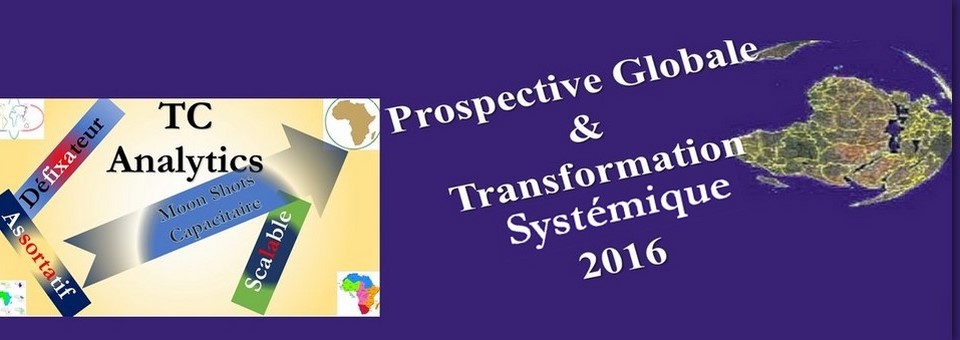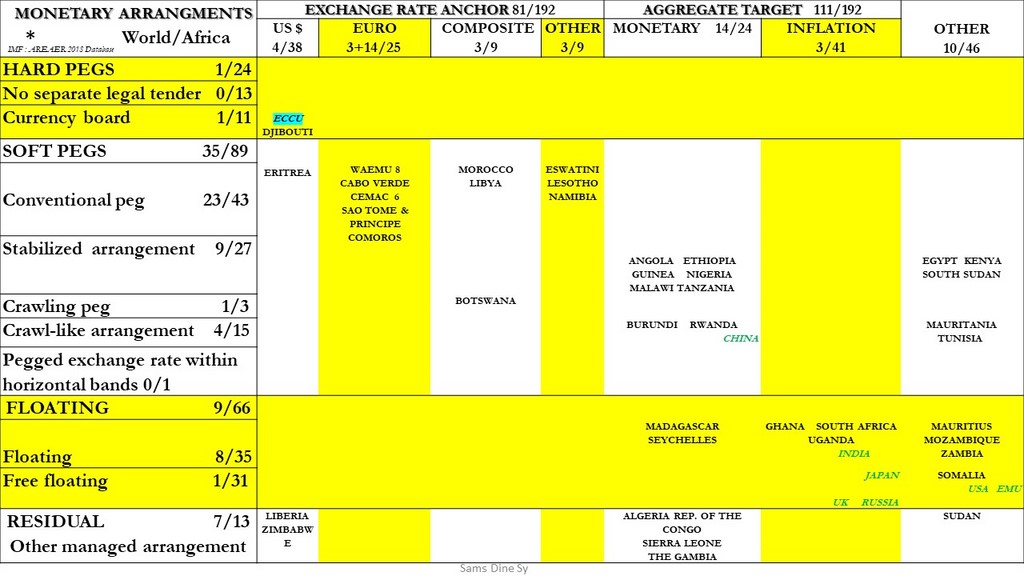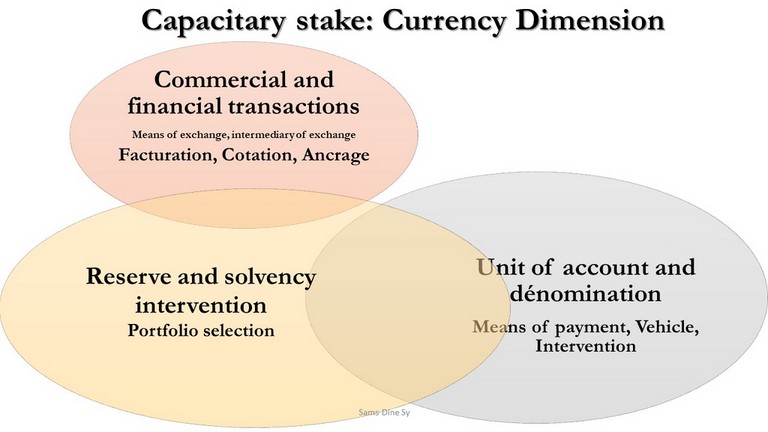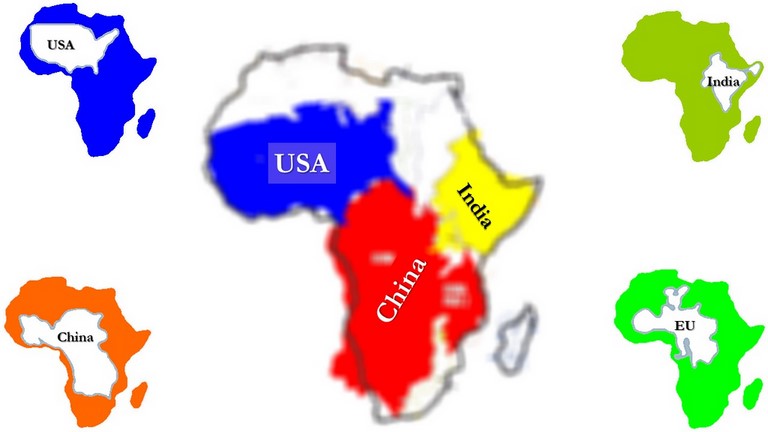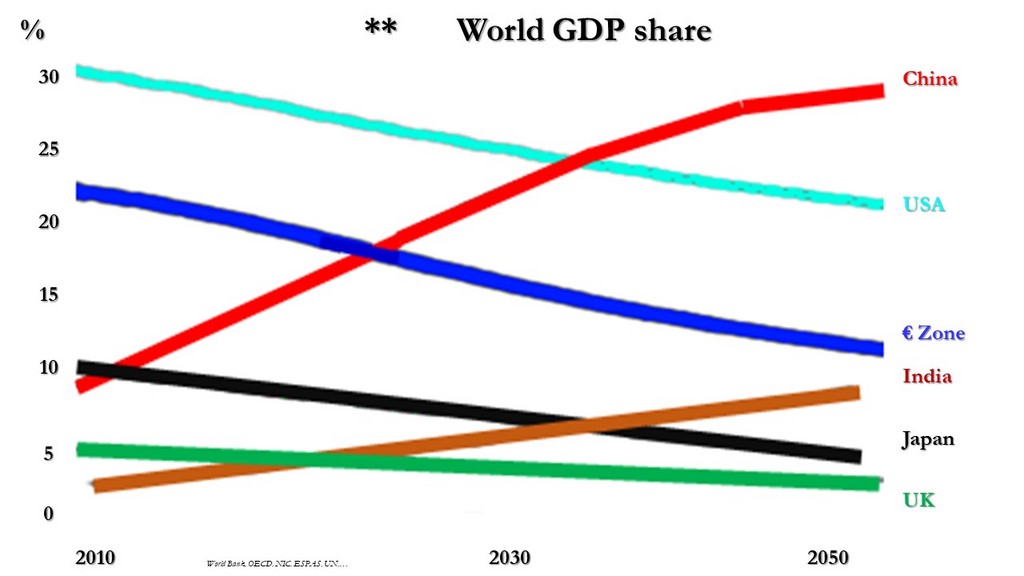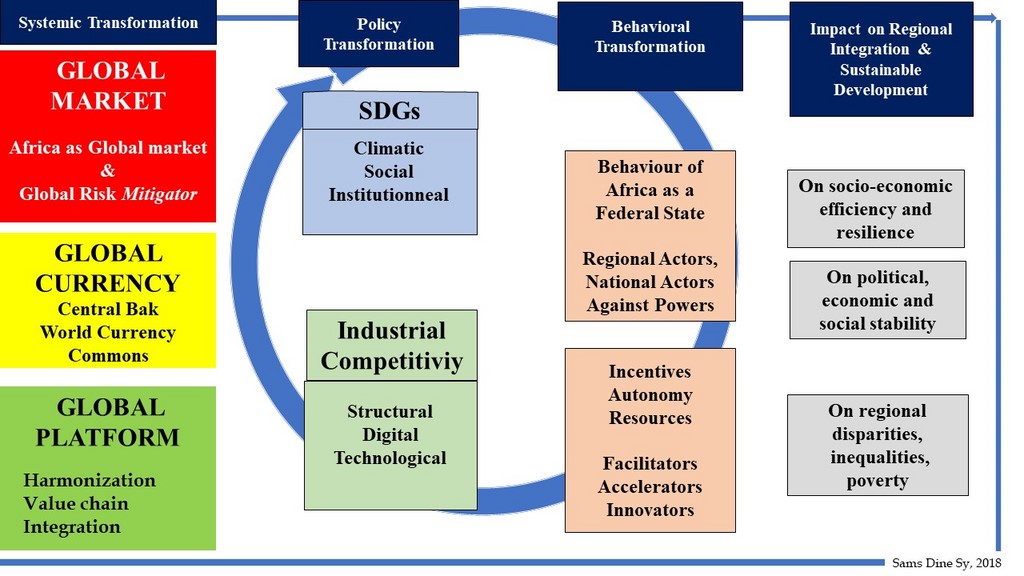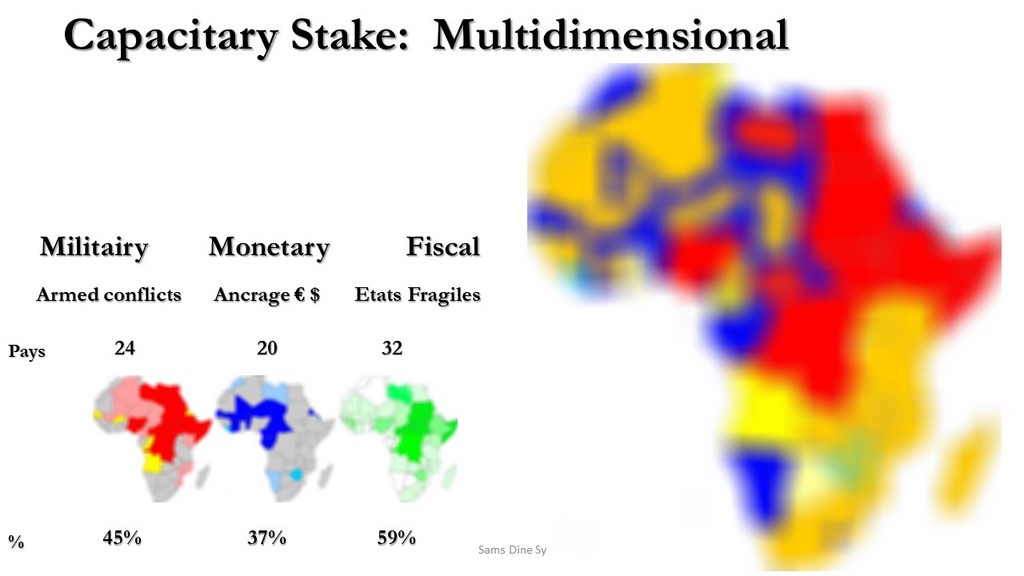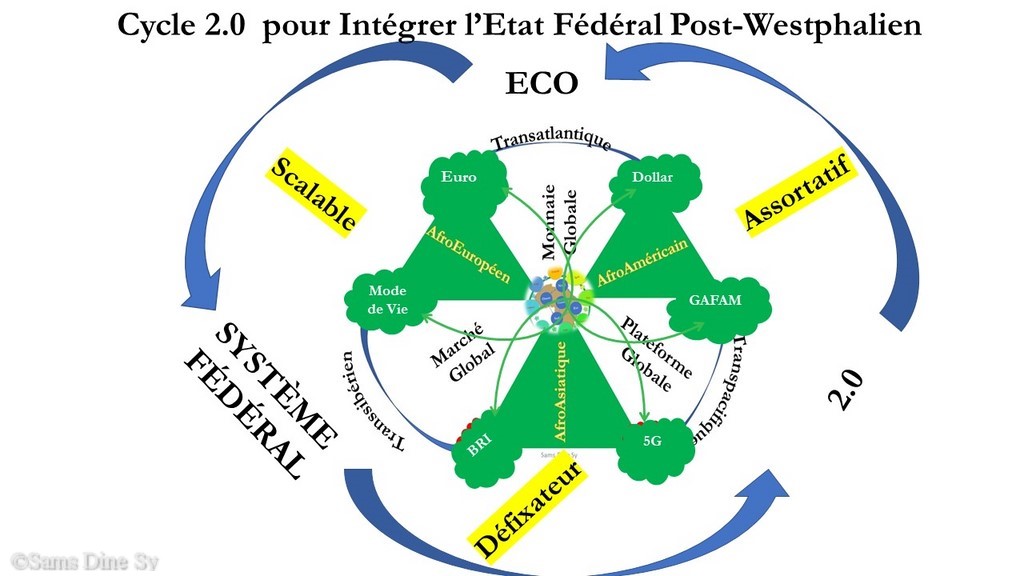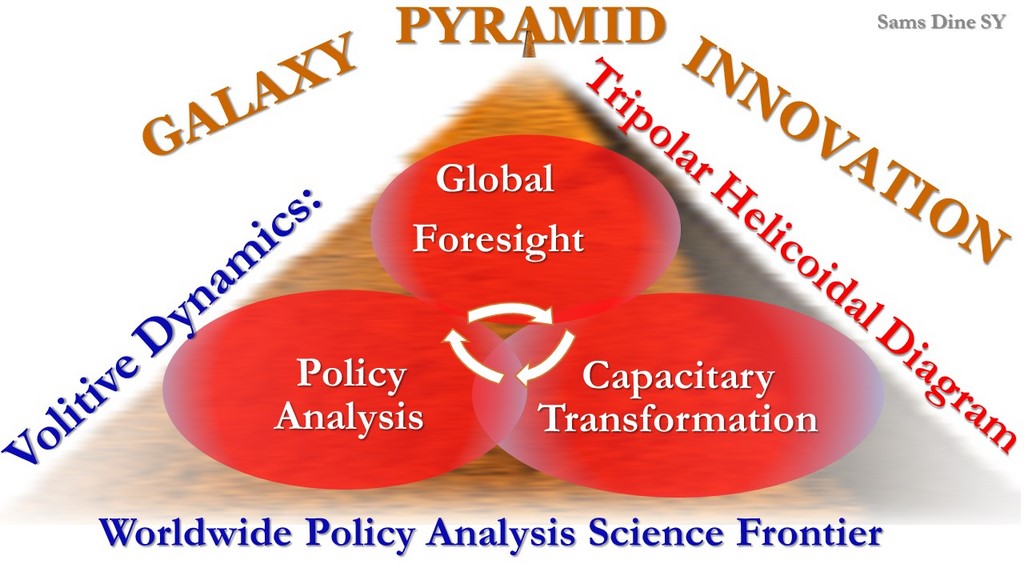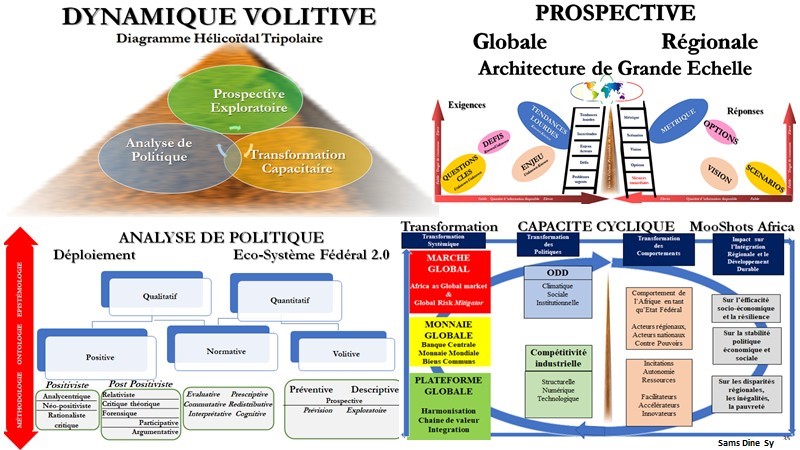FEDERAL ECO-SYSTEM 2.0 :
Disruptive
THE FEDERAL ECO SYSTEM 2.0: DISRUPTIVE
By Sams Dine SY
01/20/20
(fr, eng, original: french)
The advent of the single currency in West Africa marks a systemic transformation whose ubiquitous dimension is disconcerting. An innovation that has emerged unscathed from the "crossing of the Valley of Death", it has overcome so many obstacles in its path that its full implementation also raises inevitable controversies well beyond this zone. The Eco and the Economic and Monetary Union programme are thus parasitized by all sorts of preconceived ideas that distract from the essential. Yet an examination of the database on monetary regimes (AREAER 2010-2018) and the lessons learned from the European experience are enough to begin to build consensus. A glance at economic projections to 2050 also sheds light on the major powers' game in the face of this ecosystem, which confronts them with a situation of the "prisoner's dilemma" type.
WHY SO MANY PRECONCEIVED IDEAS ABOUT THE MONETARY REGIME & EMU?
The advocates of a less restrictive or even free parity are accused of mimicry in their quest for dynamic efficiency because this choice is considered to be the prerogative of the grat or middle powers. In 2006, 22 African countries had made this choice. By 2018, there will be only 9, with very different profiles: Somalia and Ghana or Madagascar and South Africa. While it is difficult to assess the potential impact of this regime on microeconomic efficiency, it is also necessary to ask why during this period all African oil countries have abandoned the floating of their currencies.
Fixed or floating, the impact of the choice of a monetary regime on social cohesion, substantial capabilities, regional equity and transgenerational equality still awaits the light of positive political economy. Since the flowering of work on the conversion/transformation of the former Soviet Union, there has been almost complete silence.
EMU as a process of regional integration is another source of confusion. This approach is held up as a model by advocates of a gradualist and repulsive approach for the proponents of a United Africa "here and now". The former are reproached for not learning the lessons from the failures of the European Union, which still remains at the stage of a Federation of Nation-States despite 70 years of construction. To the latter, for confusing dreams with the reality of a captive space, a grey zone confined to the upstream part of the value chains, at the mercy of hunters, sorcerer's apprentices or dealers. Yet here too, the history of European construction and criticism of the policy process theory offer an insight that sends these two irreconcilable camps back to back. What is it all about? Initially, it was the "Report on the Economic and Monetary Union of the European Community" (1989) which, at the request of the member countries, defined the process and the stages towards EMU. Faced with the slowness to approve it and the hesitations of the latter, the Commission devised a ploy which consisted in brandishing the rag of political union without specifying whether it was a precondition or a preliminary obligation. It resorted to the Erga Omnes principle, the Safeguard Clause and the obligation to remove legal obstacles to the Ecu to force countries to adopt the programme at their own pace, including denouncing all bilateral monetary agreements with non-European countries.
That was all it took to trigger an outcry and push the leaders meeting at the Genoa Summit in 1991 to tear each other apart over Political Union, while accepting without discussion the devolution of powers over Monetary Union so as not to publicly display their division. Although the ploy worked well, as it was crowned by the Maastricht Treaty, it must be acknowledged that since that Summit, Political Union has become a non-subject, even a taboo, despite the risks of disintegration.
Beyond the historical and economic dimension, it should be recalled that EMU is merely an illustration of the theoretical framework in vogue at the time, better known as the " Stages Heuristic ", interpreted as a policy shortcut. This framework, along with other currents and theories, is part of what is known as policy analysis, a science that has developed at a dizzying pace in the United States in the second half of the 20th century, within an administration seeking the capacity to formulate and implement good policies, in contrast to the European Westphalian philosophical tradition of power, which derives its legitimacy from the exercise of public power through the distribution of authority and the control of public service. Late adopted in Europe, this trend nevertheless continues to flourish there to the point of structuring almost all the initiatives and programmes in which its institutions are involved, including those in charge of specifying global requirements. This trend has been called into question since the 1980s and abandoned by the discipline's main masters of thought without proposing other theories that escape the positivist drift, regardless of the supporters of normative approaches. Hence the need to invest in this discipline in order to have an intellectual framework capable of meeting the conceptual challenges of regional integration and globalization. This concerns not only African institutions but also all international entities. Unfortunately, not everyone is moving in that direction, especially by qualifying one of them as "brain-dead", which is tantamount to signing the same act for all those that have still remained at the stages heuristic : EU, OECD, G7 and African Union, among others. In this respect, NATO's decision to initiate a global foresight reflection exercise is to be welcomed. The lessons learned from previous exploratory exercises carried out here and there should also be drawn, in particular when to build “global scales”. This is the case for "World in 2020 and Megatrends STI/ OECD", "Global Trends/NIC", "World in 2025/EU", not forgetting "Agenda 2063/AU" among others.
De quoi s’agit-il ? Au départ, c’est le « Rapport sur l’union économique et monétaire de la Communauté européenne » (1989) qui avait, à la demande des pays membres, défini le processus et les étapes vers l’UEM. Devant la lenteur à l’approuver et les hésitations de ces derniers, la Commission mis au point un stratagème qui consistait à brandir le chiffon de l’Union Politique sans préciser s’il s’agissait d’une condition préalable ou d’une obligation préliminaire. Elle fit recours au principe Erga Omnes, à la Clause de Sauvegarde et à l’obligation de Lever les Obstacles Juridiques à l’Ecu pour contraindre les pays à adopter le programme, y compris en dénonçant tous les accords monétaires bilatéraux avec des pays non européens. Il n’en fallait pas plus pour déclencher une levée de bouclier et pousser les dirigeants réunis au Sommet de Gênes en 1991 à s’étriper sur l’Union Politique tout en acceptant sans discussion la dévolution des compétences en matière d’Union Monétaire pour ne pas étaler publiquement leur division. Si le stratagème a bien fonctionné puisqu’il a été couronné par le Traité de Maastricht, force est de reconnaître que depuis ce Sommet, l’Union Politique est devenue un non-sujet voire un tabou malgré les risques de dislocation.
Au-delà de la dimension historique et économique, il convient de rappeler que l’UEM n’est que l’illustration du cadre théorique en vogue à l’époque, plus connu sous le nom « Heuristique des Etapes », interprétée comme un raccourcie du processus politique. Ce cadre participe, avec d’autres courants et théories, de ce qu’il est convenu d’appeler l’analyse de politique, science qui s’est déployée de façon vertigineuse aux USA dans la seconde moitié du XXe siècle, au sein d’une administration en quête de capacité à formuler et mettre en œuvre des bonnes politiques, se démarquant de la tradition philosophique westphalienne européenne du pouvoir qui tire sa légitimité de l’exercice de la puissance publique à travers la distribution de l’autorité et la main mise sur le service public. Tardivement adopté en Europe, ce courant continue néanmoins d’y prospérer au point de structurer la quasi-totalité des initiatives et programmes dont ses institutions sont partie prenante, y compris celles en charge de la spécification des exigences globales. Ce courant a été remis en cause depuis les années 80 et abandonné par les principaux maîtres à penser de la discipline qui peinent pourtant à proposer d’autres théories pour sortir de la dérive positiviste n’en déplaise aux tenants des approches normatives. D’où la nécessité d’investir dans cette discipline pour disposer d’un cadre intellectuel à même de relever les défis conceptuels de l’intégration régionale et de la globalisation. Ceci ne concerne pas seulement les instituions africaines mais aussi toutes les entités internationales. Malheureusement tout le monde ne prend pas cette direction surtout en qualifiant l’une d’elles en « état de mort cérébral » ce qui revient à signer le même acte pour toutes celles qui en sont encore restés à l’heuristique des étapes : UE, OCDE, G7 et Union Africaine, parmi d’autres. A cet égard, la décision de l’OTAN d’initier un exercice de réflexion prospective doit être saluée. Encore faudrait-il que les leçons des exercices à vocation exploratoire précédemment conduits ici ou là soient tirées, notamment en matière de construction d’échelles globales. C’est le cas pour le « Monde en 2020 et Megatrends STI/OCDE », « Global Trends/NIC », « le Monde en 2025/UE », sans oublier « Agenda 2063/UA » parmi d’autres.
ARE WE ALREADY IN 2050?
Let us take the case of Europe, in particular the Euro Zone, whose currency serves as an exclusive anchor for nearly half of the African countries against only 4 for the Dollar. With 20% of world GDP, it ranks third behind the USA and China and ahead of Japan and India. By 2050 - unless there is a major bifurcation of which this region is accustomed - the Euro Zone's share of world GDP will fall to 10% if it can no longer be maintained in Africa. Faced with this situation of the "prisoner's dilemma" type, the Darwinist, anti-immigrationist, great substitutes, lifestyle protectionist rhetoric appears for what it is, a counterfire. In the same way as the "hold me back or…". To get out of this dilemma, each member country invites itself into the African agenda by opting for a "free rider" type strategy. When, in order to take its place, one country embarks - with a sword in its hand - on the restitution of works of art, gold bars and cash deposits, another aligns "compact promises". Neither of them, however, takes the trouble to learn the lessons of past failures, such as the "deal" concluded with an Asian country on the back of Africa in roughly the following terms: "you reduce your exports and investments to Europe in exchange for a place in the African market".
The same type of dilemma affects the Asian space, particularly China. With this country, the African continent has gone in less than a decade from being a drain on surpluses, scraps and counterfeits to being a pole in the growth triangle. At the same level as the Eurasian space for transport infrastructures (Belt & Road Initiative) and the trans-Pacific space for digital infostructures (5G...). Also, the more Europe and the USA shake the rag of the trade war, the closer China but also India get to Africa to maintain their position in the top 5 of the world GDP while strengthening the position of the continent as a Global Market.
Let's come to America, especially the USA, which is facing a progressive loss of its global aura that is turning into a nightmare with the prospect of a steady decline in its share of world GDP, from 30% in 2010 to 20% in 2050. If this projection becomes effective, the share of world trade denominated in dollars will be reduced accordingly. Then its currency and treasury bills will no longer allow it to make others bear the cost of the explosive debt that it is the only one to allow itself. To continue to count during this first half of the century, this country will in turn have to explore other options: redefine its role vis-à-vis the Rest of the World (ROW); mobilize Afro-descendants to "replace" Europe and Asia in Africa; launch its global platforms to attack the continent... The common point between these options is that they target the circum-Saharan space and its soft underbelly as an entry point. There will be no shortage of specialists in polemology to theorize the redeployment of NATO by recycling the Siberian postulate in these terms: "who holds the Sahel holds Africa. Who holds Africa holds the key to global change. Who holds this key holds the key to tomorrow's world! ».
WHAT AGENDA FOR THE AFRICAN UNION?
It is therefore the responsibility of the AU to stop conceiving itself as a projection zone and to position itself as the Global Platform that articulates the three spaces in which it is inserted: Afro-European, Afro-Asian and Afro-American. It is at this level that the Eco must be inscribed in the dynamics of the construction of a Global Currency. Instead of spreading themselves too thin on the parity of the Eco, the West African authorities should put this point at the center of the agenda of the next meeting. It is also up to this Community to position itself as an essential partner of all the digital giants operating from the three transcontinental spaces. This point should provoke an unprecedented reflection within a "Platform Summit" because it is from there that the 2.0 cycle of the Post-Westphalian African Federal Eco-System is go viral.
available under the title : L'eco, système fédéral 2.0 ( Seneplus)
To deepen:
- Infography
- Additional reports, books & papers; infography
- Policy Analysis: Deployment in Africa
- Others headings of the website
Additional Reports, Books, Papers & Sections
| Titre | Année | Télécharger |
|---|---|---|
| Impact prévu de l’évolution du système monétaire européen sur le régime monétaire et financier des pays membres de la zone franc CFA , Rapport de synthèse soumis à UNECA | 1990 | |
| L'Union Economique et Monétaire Européenne : examen critique, Documents complémentaires soumis à UNECA | 1990 | |
Impact de l’évolution du système monétaire européen sur le régime monétaire et financier des pays africains membres de la Zone Cfa. Rapport soumis à la Réunion du Groupe intergouvernemental d'experts de la Conférence africains des finances des ministres africains des finances, UNECA Addis-Abeba 16 octobre 1991 E/ECA/TRADE/91/33 | 1991 | |
| UEM Afrique : vert un mandat régional | 1994 | |
| Scénario de la transformation de la Zone CFA dans la perspective de l'Euro, Note Pro Bono | 1997 | |
| L’intégration régionale en Afrique de l’Ouest en 2025 | 1999 | |
| L'Afrique face au défi de l'Euro et du Dollar, in "Et Si l'Afrique refusait le marché" l'Harmattan | 2003 | |
| Evaluation et conception du Programme BDF/BCEAO/ACBF Master Banque & Finance, MBF/CESAG | 2006 | |
| Renforcement des Capacités de Gestion Macroéconomique de la BCEAO, de la BEAC et des Administrations Economiques et Financières d'Afrique de l’Ouest et du Centre, ACBF | 2006 | |
| Evaluation des besoins capacitaires de l'UEMOA dans la mise en oeuvre du Nepad, ACBF | 2007 | |
| Evaluation des besoins capacitaires de la CEMAC dans la mise en oeuvre du Nepad, ACBF | 2007 | |
| Cadre stratégique et Plan d'Action des CERs daans la mise en oeuvre du Pact/Nepad | 2007 | |
| Evaluation et Formulation du Programme Troisième Cycle en Economie en Afrique (NPTCI/CIERA), ACBF | 2007 | |
| CERs : Vers le Fédéralisme Africain | 2009 | |
| Uemoa 2030 : Facteurs de Rupture et Scenarios ; Rapport au Panel de Haut Niveau, Commission de l’UEMOA | 2010 | |
| Impact prévu de l’évolution du système monétaire européen sur le régime monétaire et financier des pays membres de la zone franc CFA , Rapport de synthèse soumis à UNECA | 1990 | |
| Marketing & Développement Economique, le Cas de l'Afrique de l'Ouest : flux des biens et services, flux financiers, mécanismes de fixation des prix, obstacles au développement, stratégie volontariste de coopération régionale EBS, Paris |
